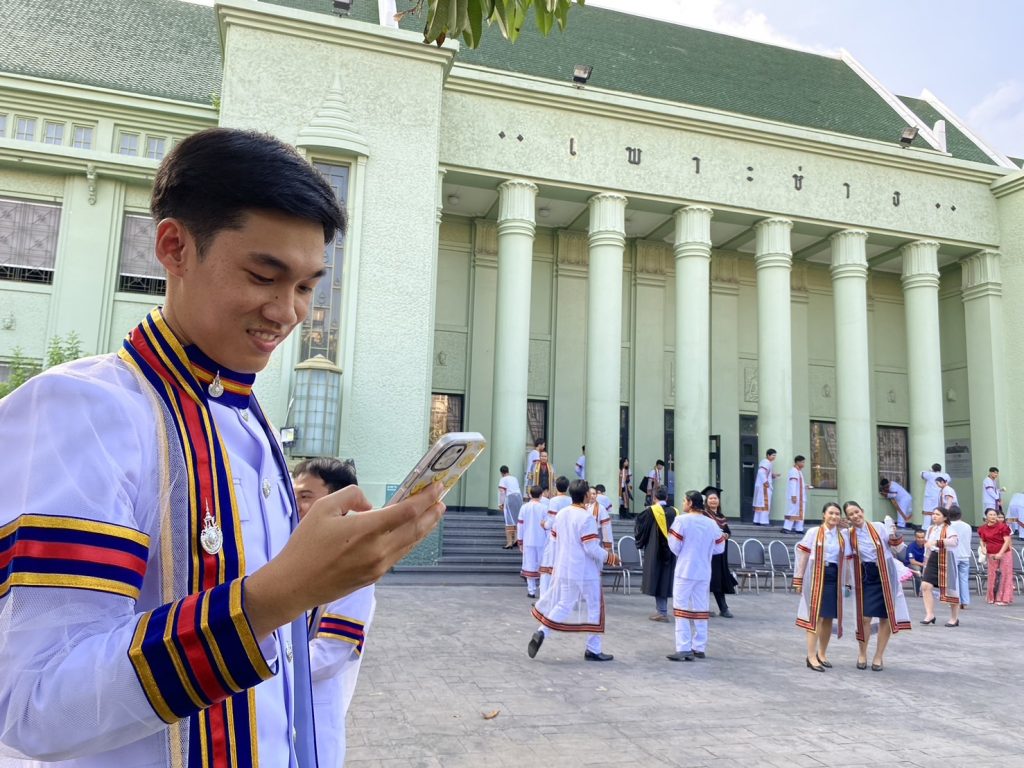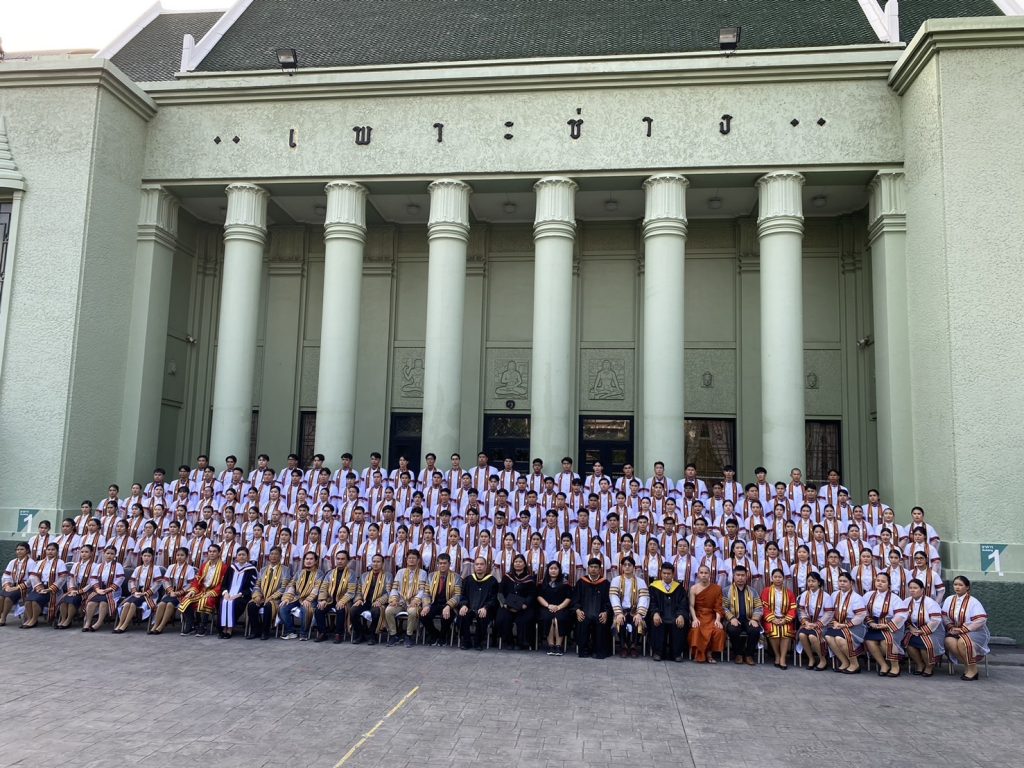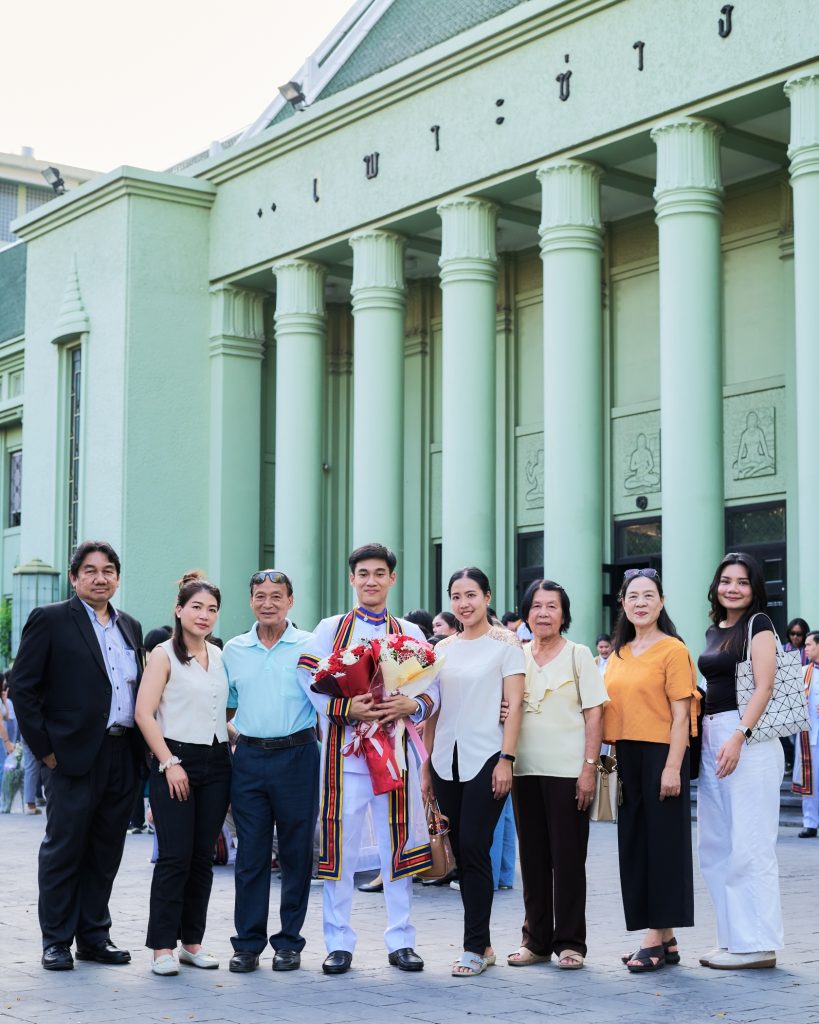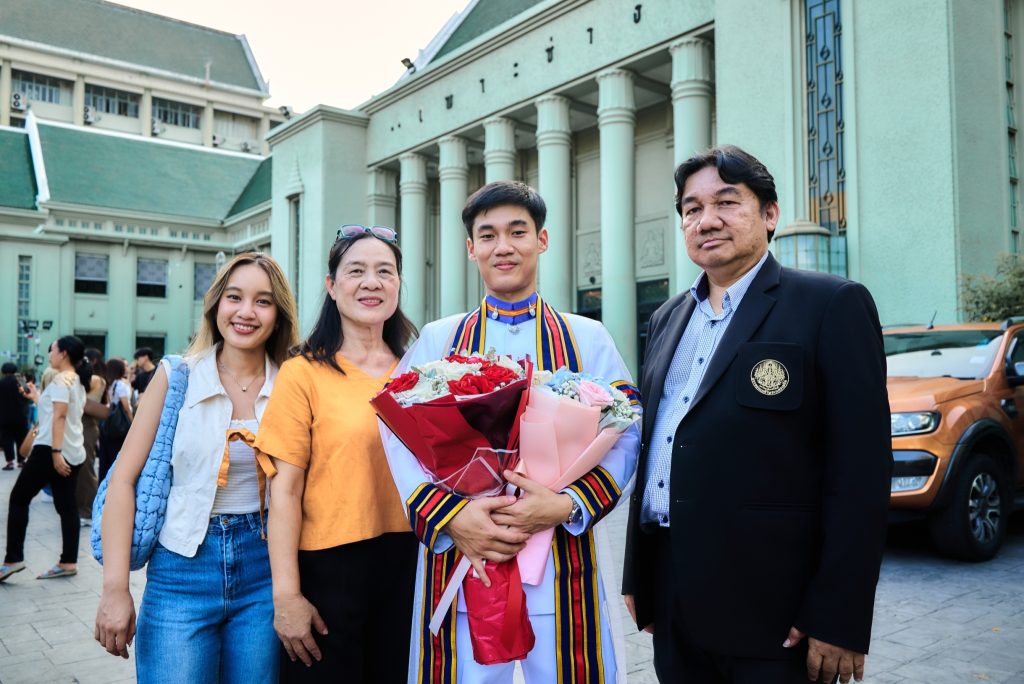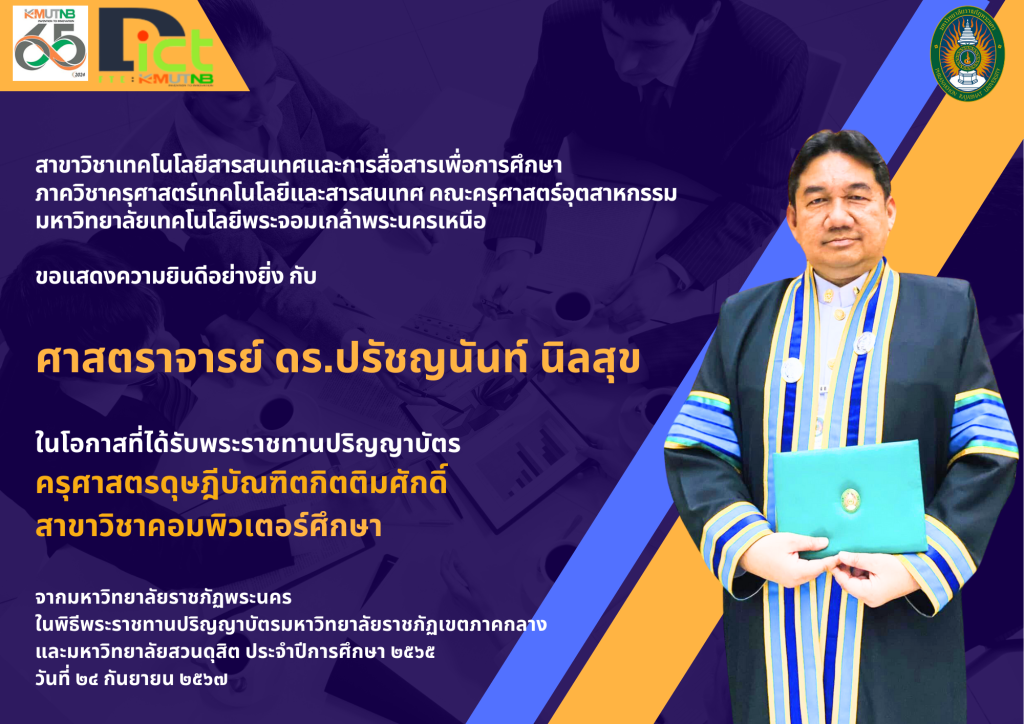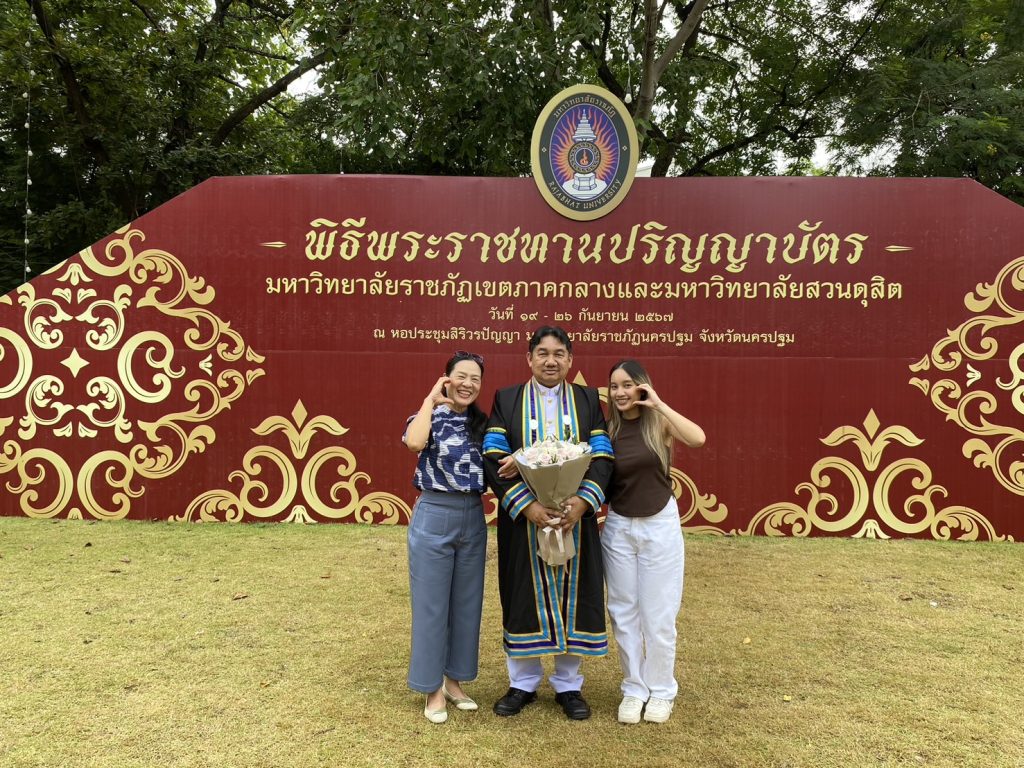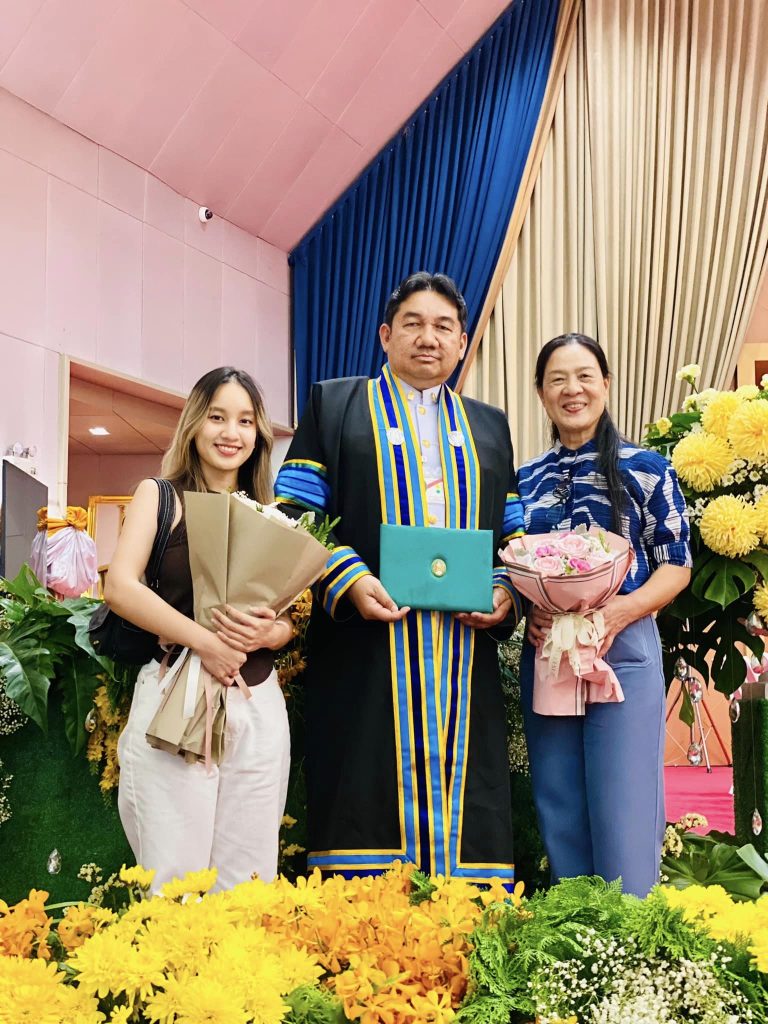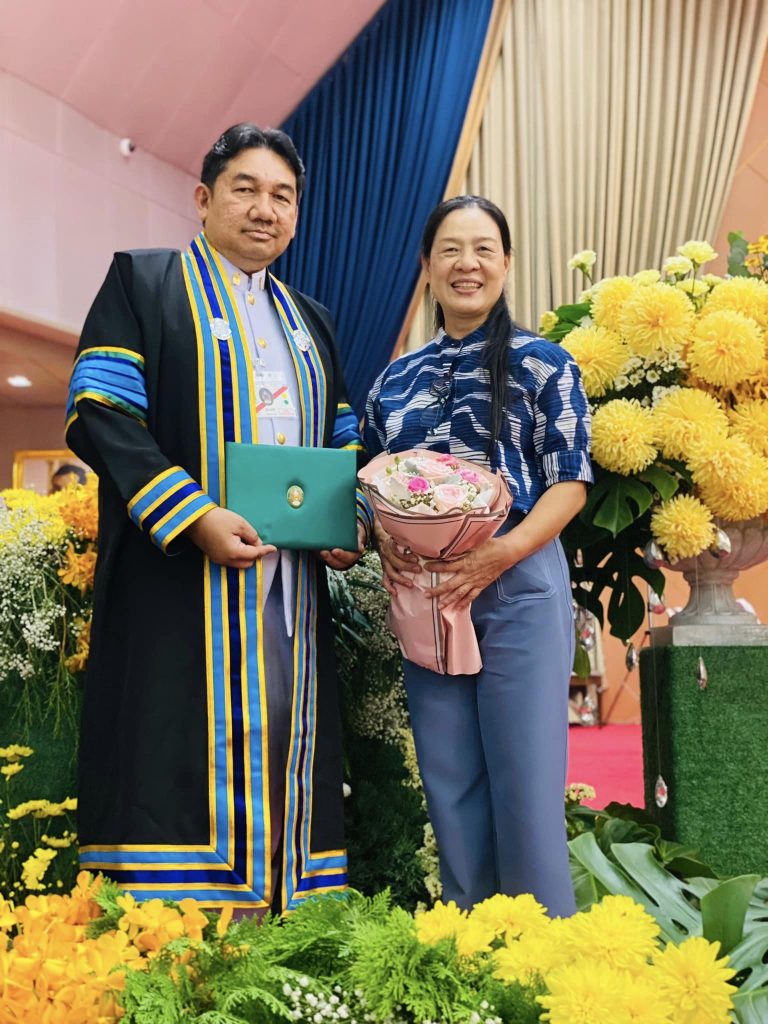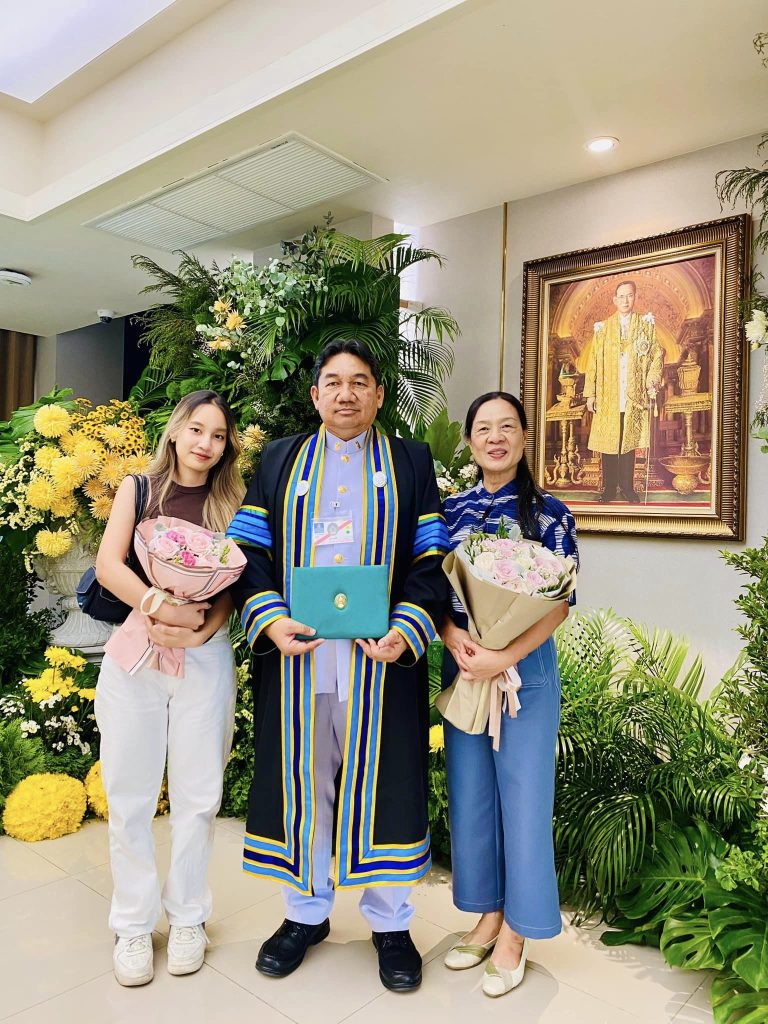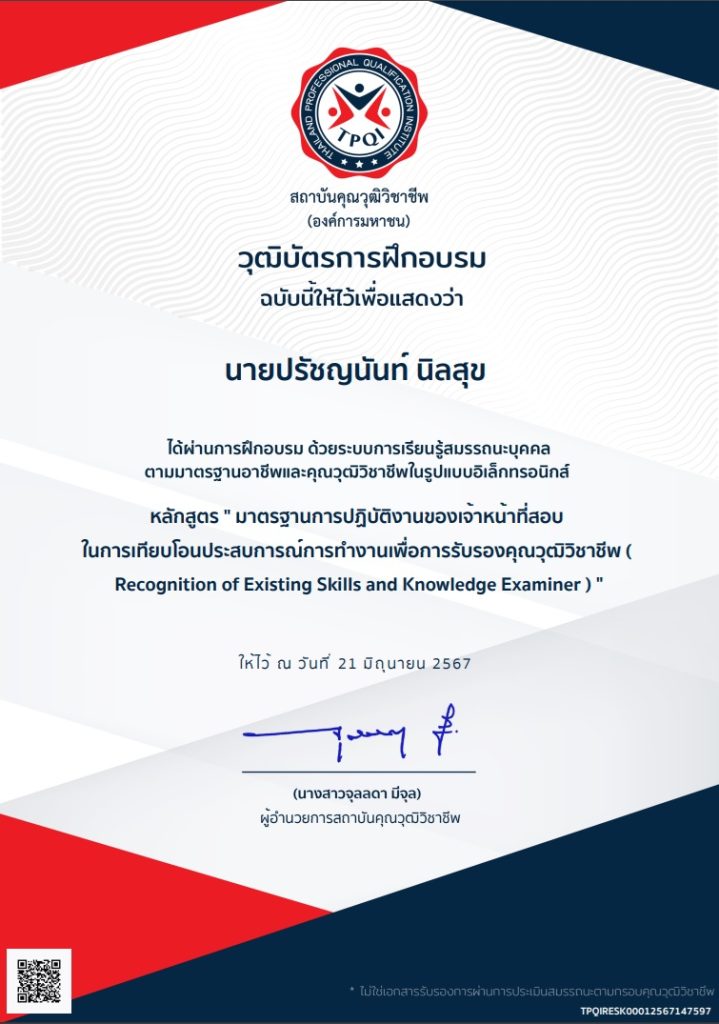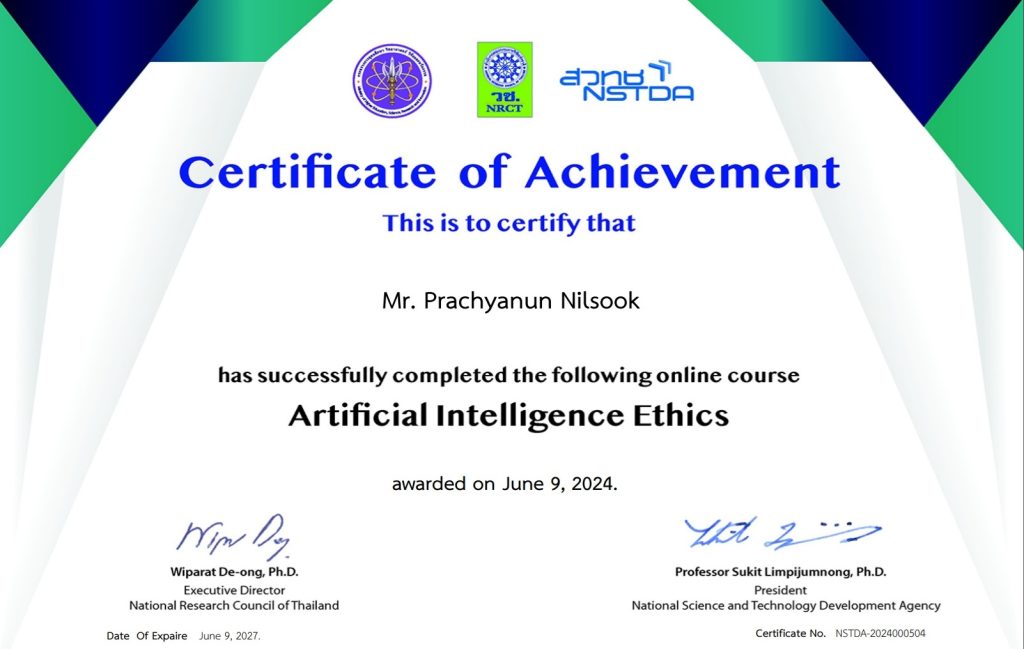Abstract
A digital media platform can enhance students’ motivation and help them learn new abilities to further their English communication skills. They can utilize it to improve their English communication skills through their mobile phones for lifelong learning and to integrate digital media technology into their study and work worldwide, developing 21st-century abilities and skills. This study aimed to create a digital media platform, improve students’ English communication skills, and study students’ satisfaction with using the digital media platform through mobile language learning. A sample of 107 students participated in the self-learning of English for Daily Life Communication course, which was selected using a simple random sampling technique. The digital media platform included videos and practices of 20 contents about English communication for daily life. The experiment was carried out for five weeks. The research instruments included digital media platform, a pre-and post-test, and a satisfaction questionnaire. The data were statistically analyzed by mean and standard deviation. The results revealed that the students improved their English communication skills at the .005 significance and were satisfied at a mean of 4.31. It concludes that the digital media platform benefits by enhancing the students based on their findings on improving their English communication skills and overall satisfaction. Additionally, both the educators and students are supported in achieving successful foreign language learning through mobile technology.
Keywords:
Digital Media Platform, English Communication, Mobile Language Learning
Boonyopakorn, J., Tasatanattakool, P., Nilsook, P., & Wannapiroon, P. (2024). Mobile Language Learning: A Digital Approach to Improving English Communication. International Journal of Interactive Mobile Technologies (iJIM), 18(22), pp. 159–173. https://doi.org/10.3991/ijim.v18i22.50001

